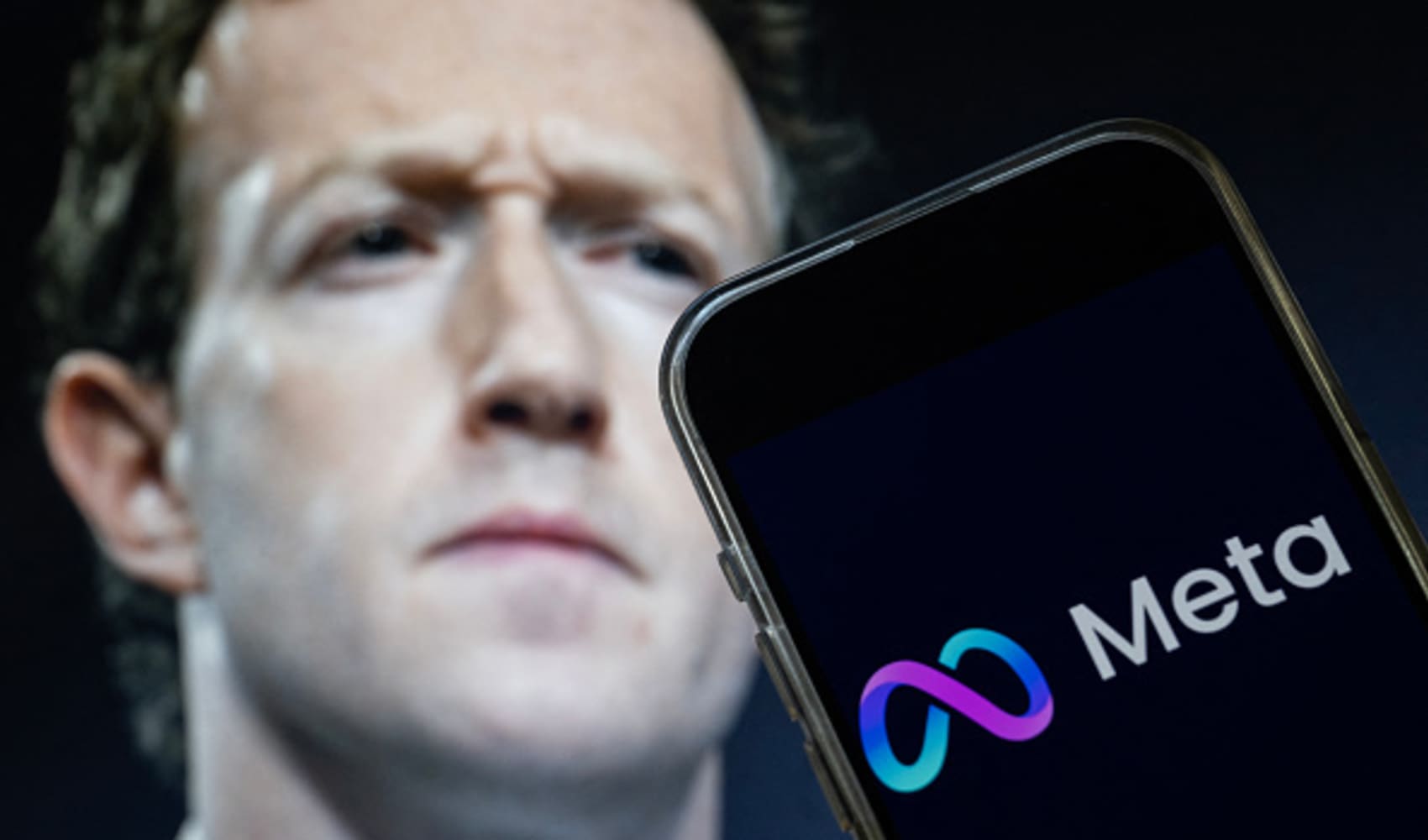Introduction: Meta’s Decision to End Its Fact-Checking Program: A Step Back for Online Accuracy
Meta, the tech giant behind Facebook, Instagram, and WhatsApp, has made a controversial decision to end its fact-checking program. This move raises significant questions about the future of online accuracy and the role that social media platforms should play in combating misinformation. With an increasing number of users relying on these platforms for news and information, Meta’s withdrawal from this initiative signals a potential shift in the responsibility of curbing false content. This article explores the implications of Meta’s decision and what it could mean for the broader landscape of online information.

The End of Meta’s Fact-Checking Program: Key Details and Reasons Behind the Move
Partnering with third-party organizations like the Associated Press, Reuters, and PolitiFact, Meta sought to review and label false claims shared by users. By doing so, the company aimed to reduce the spread of fake news, particularly during crucial events like elections and global crises.
However, Meta has now announced that it will cease its partnership with these fact-checking entities by the end of 2023. The company cites a shift in focus to other areas of content moderation and innovation as the primary reason for this move. While Meta has not offered a detailed explanation, industry analysts speculate that the decision is driven by both financial considerations and the growing complexity of moderating content at scale.
What Does This Mean for the Battle Against Misinformation?
The end of Meta’s fact-checking initiative is likely to have far-reaching consequences. Fact-checking has long been seen as a cornerstone of efforts to preserve accuracy and trustworthiness on social media. As misinformation continues to spread rapidly, especially with the rise of AI-generated content and deepfake technology, Meta’s withdrawal from this effort could exacerbate the problem.
Without third-party verification, content on Meta’s platforms may be subject to even less scrutiny, making it easier for false claims to go viral. This is particularly concerning in politically charged environments, where misinformation can influence public opinion and even election outcomes. In the absence of fact-checking, users will likely need to rely more heavily on their own judgment and critical thinking when evaluating the information they encounter.
The Growing Challenge of Content Moderation on Social Media Platforms
Meta’s move to end its fact-checking program underscores the increasing difficulty of managing misinformation on social media platforms. While platforms like Facebook and Instagram have invested in AI-powered tools to detect harmful content, these technologies are far from perfect. They can flag posts as potentially misleading without fully understanding the context or intent behind them.
Furthermore, content moderation is a highly contentious issue, with critics arguing that platforms often overstep their bounds by censoring or removing content that doesn’t violate their policies. By ending its fact-checking program, Meta may be trying to avoid the backlash that often accompanies decisions around content moderation and political bias.
The Future of Fact-Checking and Online Responsibility
As Meta steps back from its fact-checking efforts, the role of social media platforms in curbing misinformation remains uncertain. Some are hopeful that other companies will step up to fill the gap, while others worry that the burden will shift to government regulation. For instance, countries around the world are beginning to pass laws requiring social media companies to take greater responsibility for the content shared on their platforms.
However, the effectiveness of any new fact-checking initiatives will depend on the willingness of platforms to invest in them. Additionally, the challenge of balancing free speech with the need to protect users from false information will continue to be a key point of debate.
Conclusion: The Impact on Online Accuracy and What Lies Ahead
Meta’s decision to end its fact-checking program raises important questions about the future of online content moderation. While the company’s reasoning behind this move remains somewhat unclear, the shift away from third-party fact-checking could have significant implications for the accuracy and reliability of information on social media platforms.
In the coming months and years, the industry will likely face increased scrutiny regarding the role of social media giants in shaping public discourse. Whether Meta will implement new strategies to address misinformation or leave it to external actors remains to be seen, but the trend of minimizing fact-checking on such a large scale could have lasting effects on the fight against falsehoods online.

